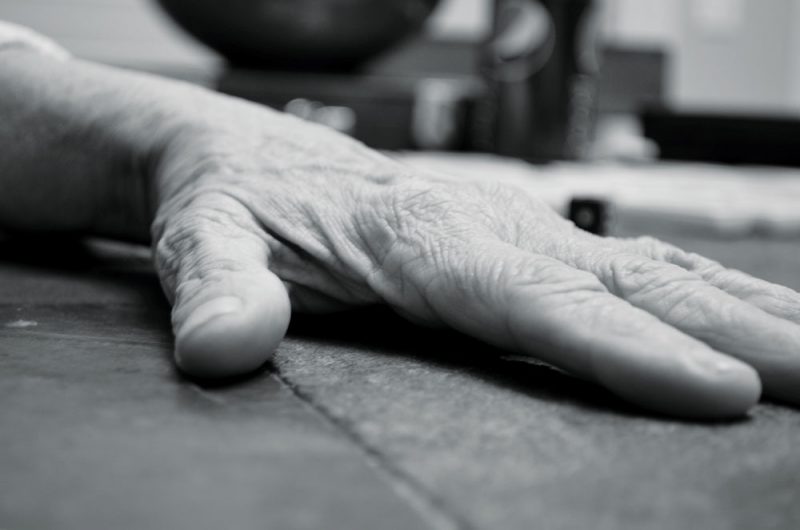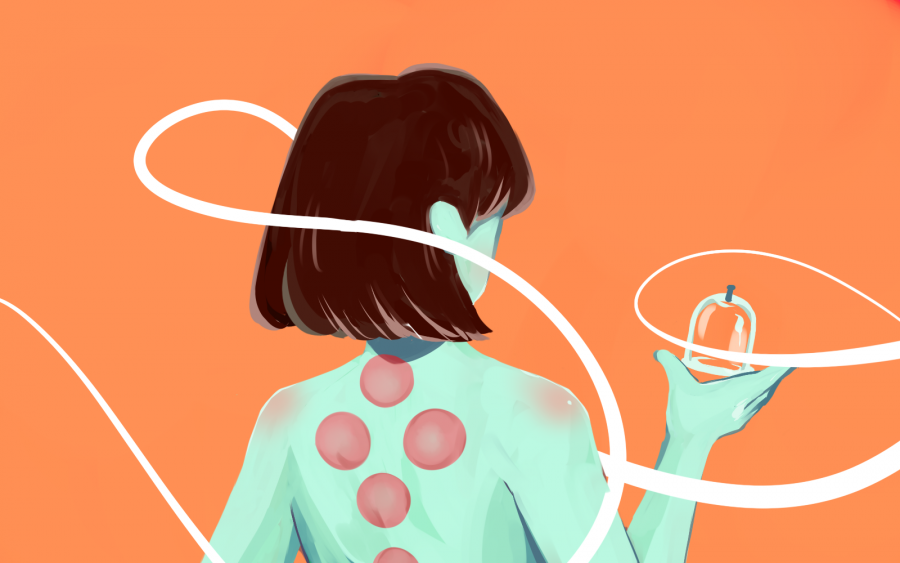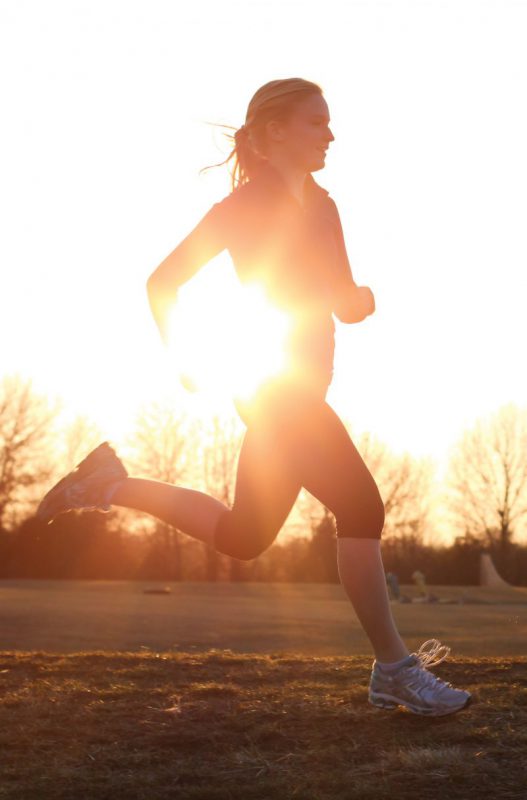
O’Brien is one of nearly 15 percent of students nationwide who are able to focus more when they multitask, according to a recent study of 400 students by the American Academy of Pediatrics published October 2014.
“If I can work on math homework while I watch TV, it helps me focus … because if it’s quiet, I can’t focus,” O’Brien said. “If I have to read, I can’t do it with other noise [but] just … solving things, I can do while listening to music or watching TV.”
However, despite O’Brien’s belief that multitasking is beneficial to her productivity, certain types of multitasking can actually be harmful to the brain. According to a recent study by the University of Sussex in England, media multitasking, or the use of multiple forms of media at once, can lead to a decrease in the density of gray matter in the brain which forms the neural pathways that process information.
The study, published in September, determined that participants who admitted to using higher levels of media multitasking in a questionnaire showed substantially less density within the grey matter of the anterior cingulate cortex — a section of the brain that is associated with attention and error detection.
James Koch, a Boone Hospital neurologist, said he disagrees with the study’s findings. He believes that instead of decreasing, the density of gray brain matter should in fact increase because of the challenge being placed on the brain.
“Common sense would tell you that the more you study, the more you organize, the more mechanisms you use to help organize things and coordinate things, the better your brain would be,” Koch said. “I don’t understand why your brain would lose grey matter by multitasking, which people have been doing for decades anyway.”
O’Brien agrees with Koch and said she doesn’t subscribe to the idea of a decrease in grey matter density from media multitasking that the study suggests. She said she feels that the brain’s capacity to learn and understand multiple things at one time would in fact increase through media multitasking.
“I know my dad and my brother play games [on their phones] while they watch football games, and they’ll still know what’s going on in the football game, but they’ll also be playing [on their phone],” O’Brien said. “I think that’s making your brain work harder and take in more information so that would make your capability for understanding … things better.”
Sophomore Christopher Smith, however, said he accepts the results of the study as well as the logic behind them.
Smith said he often multitasks at home, both while completing homework and when using different forms of media, and finds that he’s often not as productive when multitasking as he is when doing each task individually.
“Sometimes it gets me off track. Sometimes when I look away for a second, I lose my train of thought [and forget] what I was doing for the homework,” Smith said. “[I’m] maybe not as productive as I sometimes think I am being.”
Still, this study shows only some of the research that has been done on media multitasking. Koch said other studies, most notably one from Stanford University, have also gathered information on media multitasking and, in fact, have found it to have more positive effects on the brain than negative effects. The reason for these conflicting results, he said, is that the concept is simply too difficult to analyze well.
“The problem is that there’s no good way to test for this,” Koch said. “We have things like functional MRIs that show how many neurons are actually being used for each task … but it’s all very controversial information, and not everyone agrees on how it should be interpreted.”
“
“Common sense would tell you that the more you study, the more you organize, the more mechanisms you use to help organize things and coordinate things, the better your brain would be.” James Koch, Boone Hospital neurologist.
“I think that multitasking is a skill that you might need … in the future,” Smith said. “If you master multitasking then you’re able to do multiple things in a short amount of time, whereas if you happen to just do two things, one at a time, then it will increase the amount of time you spend doing the [tasks].”
Likewise, O’Brien said she believes multitasking in any form is an important skill for people to learn, as many jobs require employees to balance multiple tasks at the same time.
“In general, I think … you need to be able to multitask because there’s a lot of stuff you’re going to have to do [at once]. You’re going to have to be able to work on different stuff at different times,” O’Brien said. “If you’re ever going to be a parent, you’re going to have to be able to do multiple things at once because kids are crazy. [In] mostly any profession, you’re going to need to be able to multitask.”
By Nicole Schroeder



























































































Rochita Ghosh • Nov 7, 2014 at 10:47 am
That art though; it’s great. I really like multitasking because I can get a lot of things done more efficiently that way, but knowing the cons is really helpful. Great article.